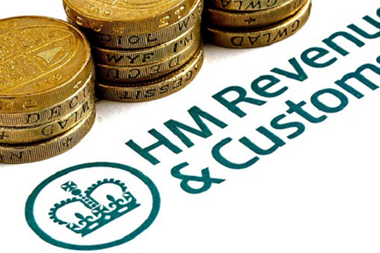Yet another change to accounting principles is on the way. It is estimated to increase EBITDA of businesses by 10% to 40% and debt by between 10% and 98%.

This could lead to a fundamental shift in how businesses think about leasing.
Currently most businesses account for finance leases on balance sheet and operating leases off balance sheet. There is a complex regime that decides which leases fall into which category.
From 1 January 2019 (and with retrospective effect for reporting purposes), changes to international accounting standards mean that operating leases for assets that are controlled by the lessor (which includes most leases of property) must be accounted for on balance sheet.
In essence, a business will no longer benefit from leasing an asset rather than buying the asset and borrowing the purchase price.
Tenants will need to account for the present value of all lease liabilities on the balance sheet as debt, while also being able to account for a ‘right-of-use’ asset. In the profit-and-loss statement, rather than lease charges being accounted for as operating income, interest and depreciation will be accounted for separately.
Payments for services provided along with the lease of the asset will need to be split out and accounted for separately.
‘Frozen GAAP’
There is no change in when payments are made. But the net effect of these subtle changes is a significant impact on debt, ranging from perhaps a 20% increase in reported debt for the logistics, telecommunication and entertainment industries to potentially a doubling of debt in the retail sector, with healthcare, professional services and airlines somewhere in the middle.
Net profit will not change, but for businesses where EBITDA is a key measurement, calculated on a simple IFRS basis businesses may see this rise between 10% and 40%.
The net effect of these subtle changes is a significant impact on debt
Typically property companies are not tested on EBITDA, but debt-related covenants may be affected. Operating business with leverage will fall into two camps.
The financial covenants set for leveraged businesses will generally be calculated on a ‘frozen GAAP’ (generally accepted accounting principles) basis, which means changes to accounting principles are ignored. However, larger businesses often have covenant set using ‘current GAAP’, unless they have catered specifically for this change.
Companies need to carefully consider the impact all this will have on their financing arrangements. Lessors may like to give some thought to the effect these changes might have on the willingness of busine
sses to buy property rather than rent, reversing a long trend of sale and leaseback.






























No comments yet